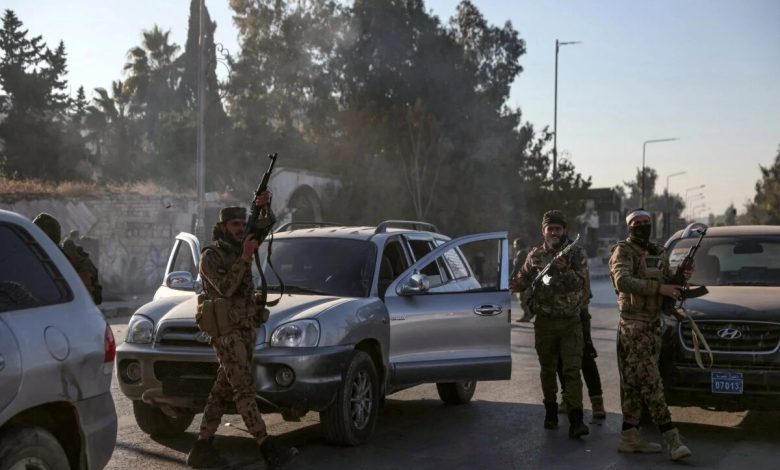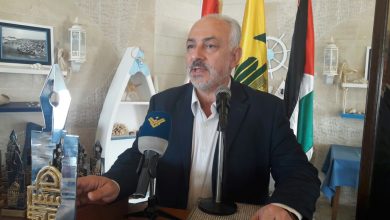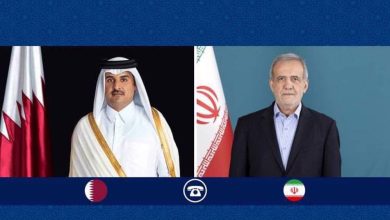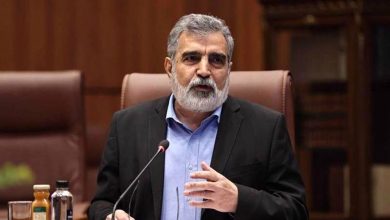Uncertain Prospects for Syria Amid Diplomatic Dynamics with Israel, Turkey
The political future of Damascus and Syria's sovereignty is shrouded in uncertainty as the ruling regime engages in cooperation with the United States, Israel, and Turkey.

Senior United States diplomats have conducted a visit to Damascus, during which it was revealed that the $10 million bounty previously offered for the capture of al-Jolani has been rescinded. Analysts from the U.S. State Department have characterized al-Jolani’s recent declarations as pragmatic but have expressed uncertainty regarding his future stance. According to a report by Reuters, al-Jolani indicated a lack of urgency in holding elections, proposing a potential timeline of up to four years for the electoral process and three years for the drafting of a new Syrian constitution. Nonetheless, these timelines do not come with guarantees, and it appears unlikely that the procedural duration will surpass four years.
In a recent interview with a Saudi media outlet, Al-Jolani, the leader of Tahrir al-Sham, a group that has played a significant role in challenging Syrian President Bashar al-Assad, suggested that it may take up to four years to organize elections and draft a new constitution in Syria. Reports suggest Ankara’s significant influence on his political decisions, as evidenced by the fact that at least three ministers in the interim government based in Damascus are graduates of Turkish universities. The Turkish daily “Karar” has noted that the ministers of Justice, local affairs, and several local executives in Damascus and Aleppo hail from Turkish academic institutions. In a related development, it has been reported that Turkey’s intelligence chief, Ibrahim Kalin, has formed a team to provide guidance on the establishment of a new Syrian intelligence agency under the leadership of Al-Jolani’s regime.
In a recent disclosure, Turkish Foreign Minister Hakan Fidan confirmed his previous engagements with various Syrian opposition factions, including those linked to al-Jolani, over his 13-year tenure at the National Intelligence Organization (MIT). He now appears to be leveraging this experience to collaborate with al-Jolani’s regime. These developments indicate a strategy by President Erdogan’s administration to extend the Syrian political discourse and bolster al-Jolani’s standing.
Amid the current situation, it appears probable that control over the military, law enforcement, key ministries, as well as essential documents and financial resources, will remain in the hands of al-Jolani. As a result, the political process and elections intended to reshape Syria might lead to the marginalization of numerous political, social, ethnic, and religious groups.
Following the fall of Bashar al-Assad, the Israeli air force has continuously conducted airstrikes on military and defense installations, including those in close proximity to Damascus. The regime led by Abu Mohammad al-Jolani has maintained a conspicuous silence in the face of these assaults, indicating a possible coordinated stance, as al-Jolani has refrained from openly denouncing the attacks. Meanwhile, Israeli Prime Minister Benjamin Netanyahu has asserted that Syria is in need of multi-billion dollar aid to facilitate reconstruction efforts.







